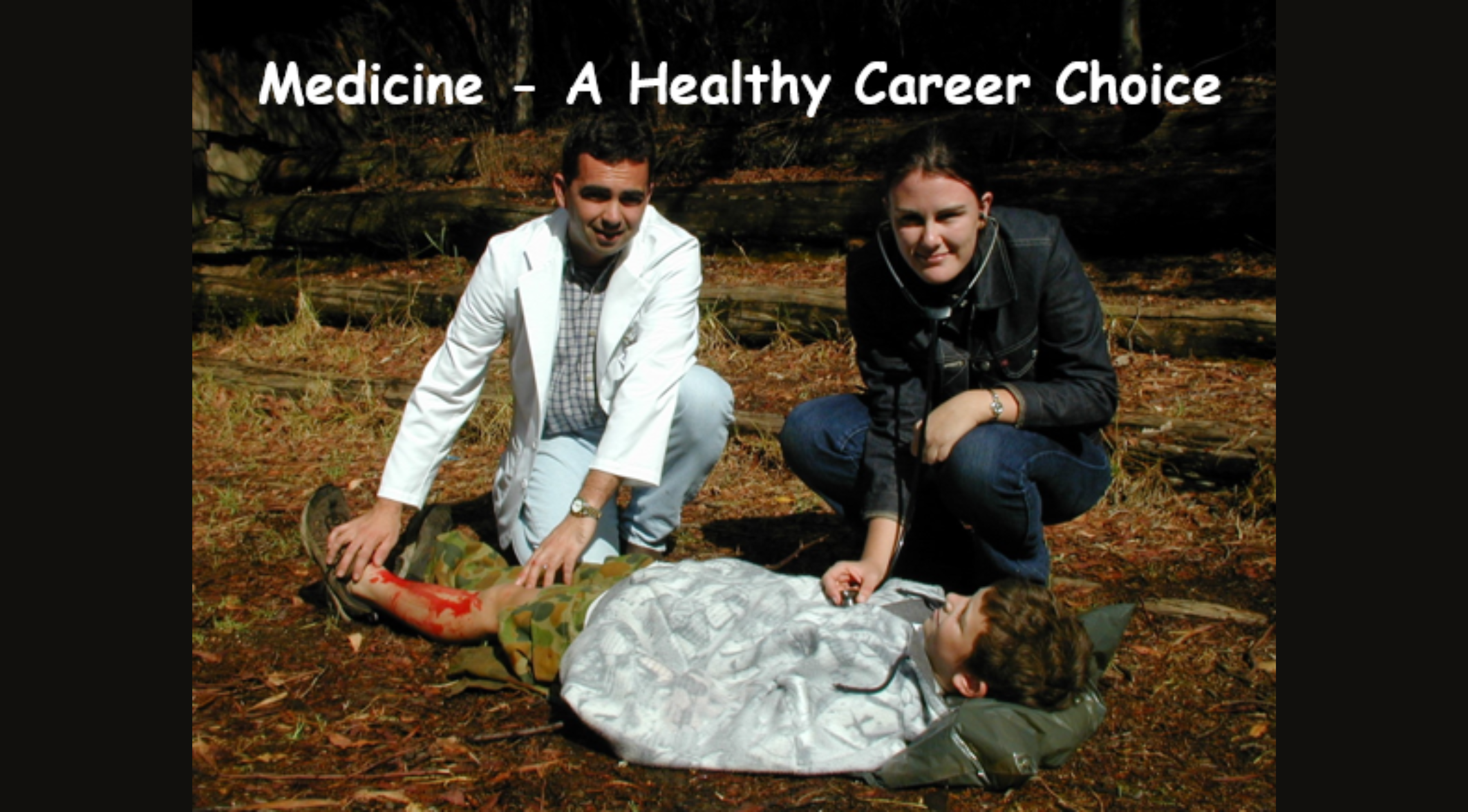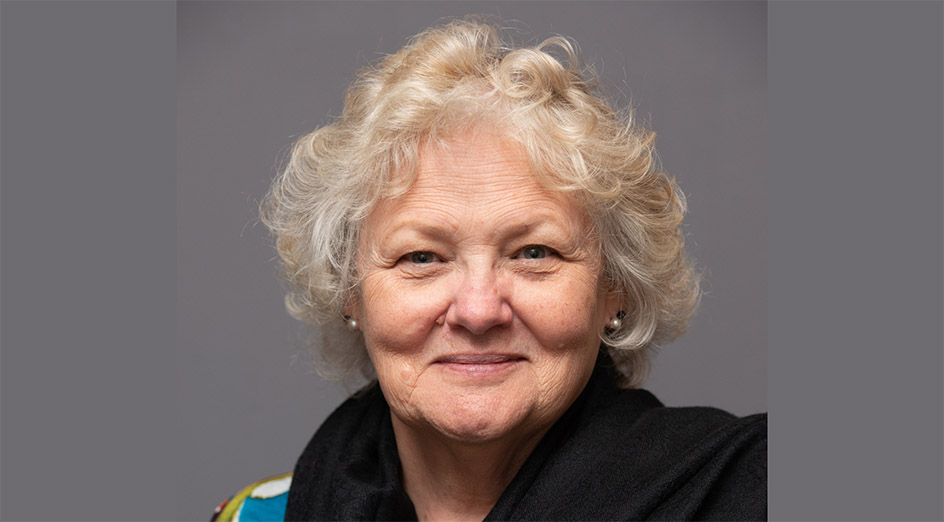For more than 20 years, Sue Pougnault has changed lives through her relentless dedication to recruitment and retention of rural origin students to medicine and dentistry. Ahead of her retirement in October 2024, Sue reflects on a remarkable career with UWA and the Rural Clinical School of WA.
Describe your first role at UWA?
I joined UWA in June 1995 as a receptionist with the Western Australian Centre of Remote and Rural Medicine (now Rural Health West). I worked in a team of six within UWA’s Department of General Practice. The late Dr Brian Williams OAM was the Director – an amazing mentor to have. Brian was a huge advocate for change in rural WA and on the national scene, developing many programs supporting rural GPs and their families.
When I reflect on the various programs I was involved with, these were particularly special:
• SPINRPHEX Rural Health Club
• WAALHIIBE Rural Health Club
• The development of the National Rural Health Student Network following the first rural health club conference held in Kalgoorlie in June 1995
• WACRRM Rural Training Program for rural registrars and their families
• Year 10 Aboriginal and Rural Student Medicine Camp
What shape was WA’s rural doctor workforce in back then? Have things changed for the better?
There have been many challenges along the way with WA’s rural doctor workforce shortage, as there are today. Many programs have been developed over the years, but I do believe the conception of the Rural Clinical School of WA (RCSWA) has made a big difference.

Image: Dr Paul Bumbak (Carnarvon student) and Dr Ros Taylor (Kalgoorlie student) in an early rural student recruitment campaign.
What unique approaches did you take to recruitment and retention of rural origin students to medicine?
In the late 1990’s, I was in awe of the rural high school programs for medicine that were being facilitated in Queensland, Tasmania and Victoria, and the success they were having in identifying and recruiting rural students into medicine. At that time, the UWA Medical School had an intake of four per cent rural origin students, when under Commonwealth RUSC funding guidelines it should have been 25 per cent!
There was so much negativity around rural students in medicine. For this to change, I knew I had significant challenges ahead, not only in rural areas but within UWA. There were so many brick walls to break down, to change perceptions that rural students couldn’t and shouldn’t be allowed to study medicine. Challenge accepted!
I put a proposal together on how it would work in theory, wishing and waiting for some funding to appear which thankfully it did by way of the Commonwealth’s RUSC funding through the UWA Medical School. I became a woman on a mission to obtain the funding so that the Rural Student Recruitment Program (RSR) could begin, and it did.
The program involved building partnerships with rural high schools throughout rural WA, facilitating workshops, identifying students interested in medicine, mentoring and supporting them through the admissions process and then into the MBBS course. The workshops had a clinical session which gave us time to interact with the students and break down the negative barriers that they saw as challenges and to put a positive spin on a career in medicine.
Sadly, when contacting some of the rural high schools I was told numerous times “Don’t bother to come here, there are no students bright enough.” Another challenge accepted! I facilitated workshops after school in those areas so that students didn’t miss out. These workshops were great because the schools couldn’t handpick the students. Those who were genuinely interested attended, and we worked with them to achieve success.
Hands-on activities such as plastering, tendon hammers and suturing during the workshops gave UWA staff and students the opportunity to talk one-on-one with rural high school students about their career aspirations and future tertiary studies. We encouraged parents to attend the workshops too, so they knew everything about the admission process for their child and the requirement for two trips to Perth for interviews, and ultimately relocation. Entry into medicine was achieved for most at the end of Year 12, but for some there were tough decisions to be made. Quickly refocusing their commitment to study and taking on the challenges usually meant success would come the following year.
.png)
Image: Sue Pougnault and colleague Toni Hawkins at Scrubs in the Bush 2024.
The tyranny of distance plus limited educational opportunities and support can leave rural students feeling isolated. One of the biggest hurdles rural students face when shifting to Perth for their tertiary education is loneliness and homesickness in the first year. The UWA support and mentoring program allows year 12 students to meet other rural students in similar situations as themselves. Many lasting friendships have been formed which help the rural students through their first year in adjusting to life in the city.
The rural grapevine has worked well over the years to help me identify students in need. There were a few tissues shared in my office or on benches under the trees as homesickness and isolation set in. They survived with a little pep talk, gentle persuasion, a hug or two, and laughter (which is always the best medicine).
What have been the highlights of your career, with both UWA and later RCSWA?
The highlights for me were achieving the 25 per cent rural intake into UWA Medicine and the rural students allowing me to be part of their journey. It took me four years to change the thinking rurally and within UWA. When I did achieve what seemed like the impossible, I thought “what now?” It was so important for me to keep advocating for rural origin students and to gain equity and rightful places in the rural quota within the medicine cohort. I also worked with some amazing academics, medical coordinators and admin staff who believed in the RSR program and helped rural origin students succeed in medicine.
Which students are you most proud of?
I am proud of all the rural students involved in the program. They never gave up. Each has had a different journey into medicine - for some it happened immediately and for others there were bends in the road. Success generally came the following year or via the graduate entry program. I witnessed many new friendships form during the admissions process which was very special, and I supported those students who didn’t know anyone initially. The RSR program has been a great success, and the rural students involved in the program are the ones who have made it so successful.
Where are you heading next?
I am heading off on a cruise via Cunard’s Queen Elizabeth in November from Fremantle to Tasmania and Sydney and returning via the Indian Pacific train. My biggest wish is to create lots of happy memories with my eight grandchildren - soon to be nine with my newest granddaughter to grace us shortly.

Image: Sue Pougnault.
